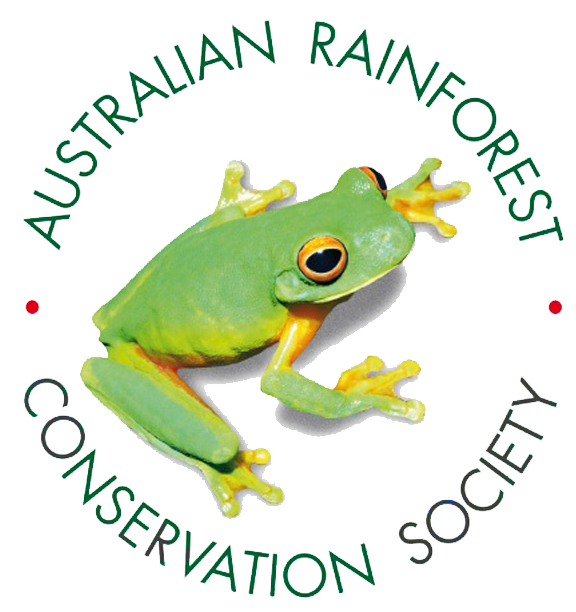 |
Why rainforests? | Who we are | What we do | Places we protect | How you can help us | News & views | Join us | Donate | Publications |
Our historyARCS was established in 1982 as the Rainforest Conservation Society of Queensland. Following is a brief chronicle of the Society’s activities.
|
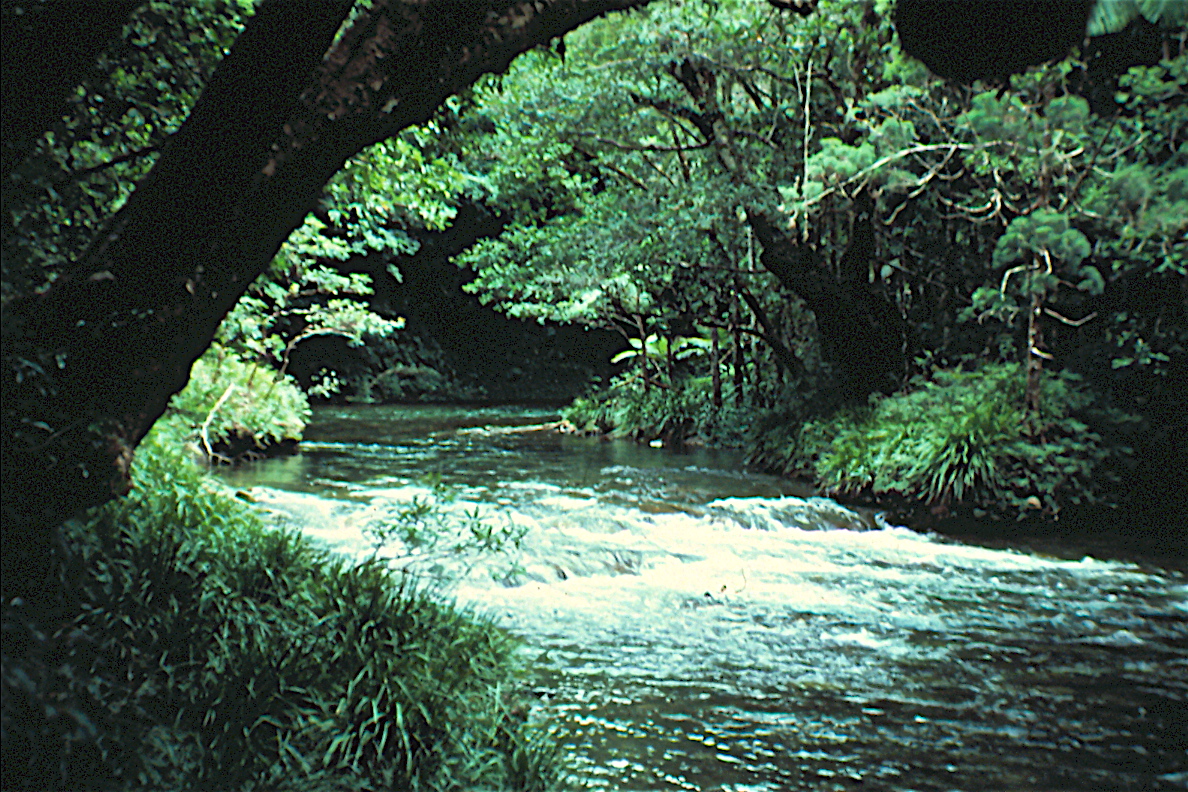 | 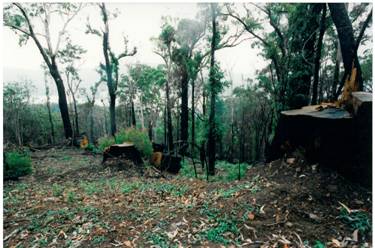 | ||
| Noah Creek, Wet Tropics of Queensland | As a result of lobbying by ARCS, rainforest logging in Central Queensland was stopped in 1994 | ||
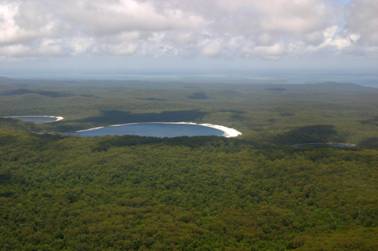 | 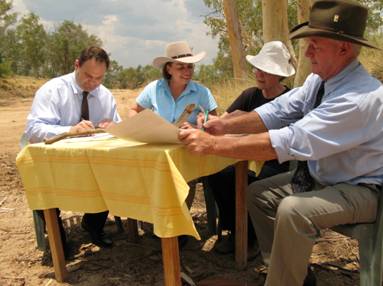 | ||
| Fraser Island, the largest sand island in the world | Minister Craig Wallace, Premier Anna Bligh, Aila Keto and AgForce President, the late Peter Kenny, signing the Delbessie Agreement in 2007 |